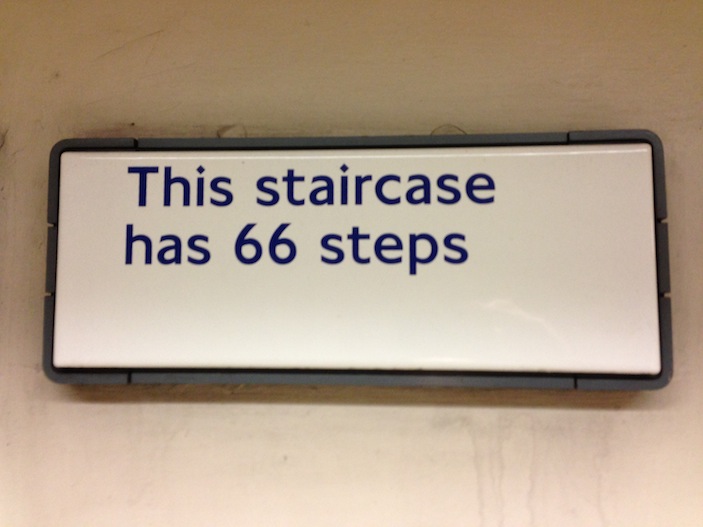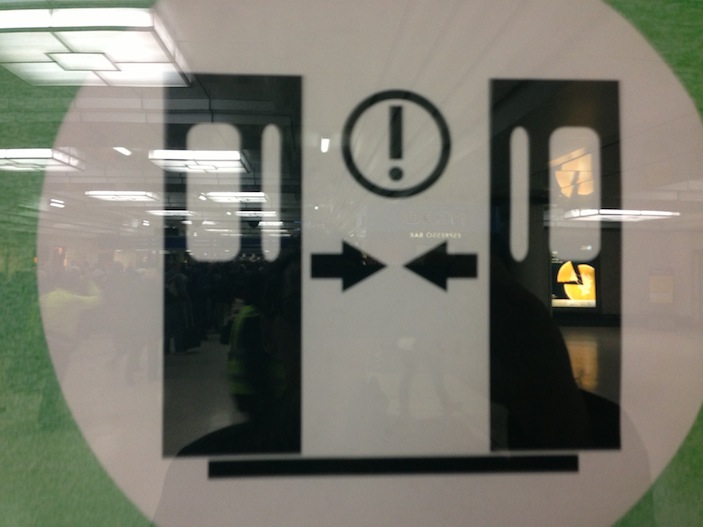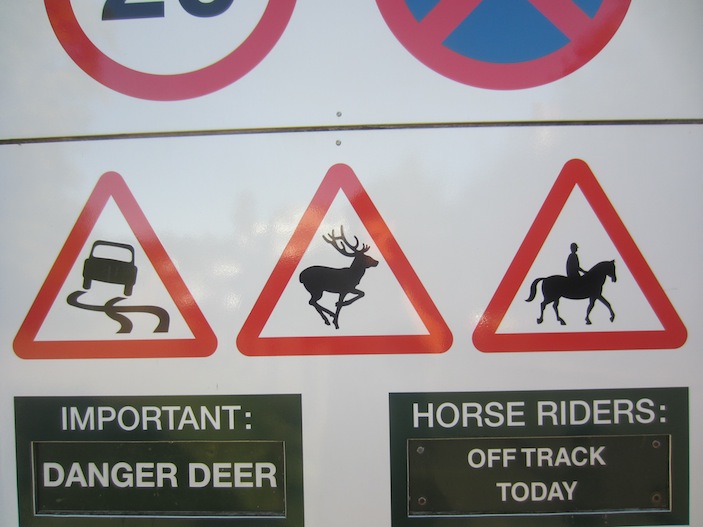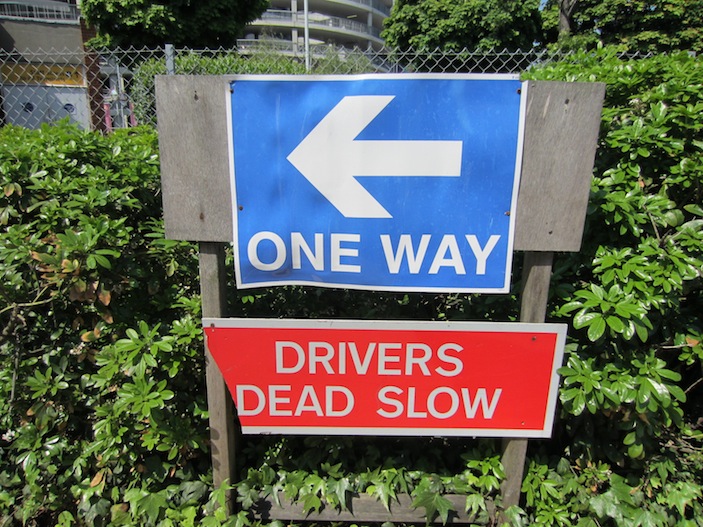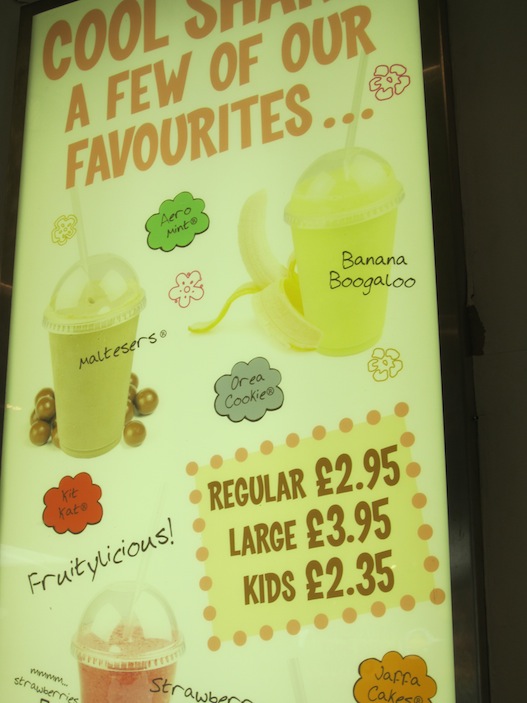IDlondon: 66 Steps
IDlondon: Closing Doors
IDlondon: Richmond Park Deer
IDlondon: British Journalism as Entertainment
Few forms of reading are as entertaining than that offered by British newspapers. While every country has their tabloids, featuring off-the-wall stories (often fabricated) about celebrities, this type of content seems to always find a place in even the most reputable newspapers produced by London daily. From The Sun to The Guardian and everything in between, more emphasis seems to be placed here on uncovering the latest football wife-and-girlfriend drama or the accidental private part flash by a busty blonde on her Ibiza getaway than things happening in those less important issues, like, oh, national politics or human rights.
But before you journalism purists get bent out of shape about it, just relax…and enjoy it! I’m always entertained no matter what I’m reading—even coverage of football seems to revolve more around hurt feelings and dented Bentleys than game strategy—and it has certainly made many a long commute via Southwest Trains and the Tube go by in a snap. One that comes to mind was in the wake of football club Chelsea’s historic Champions League victory in 2012—the biggest accomplishment in the club’s 107-year history. Rather than focusing on some of the hundreds of newsworthy subplots, much of the next day’s coverage revolved around the hurt feelings of striker Fernando Torres, who felt “more humiliated than he had ever been” because he was relegated to coming off the bench rather than starting the match. He still played a significant amount of time, including the decisive conclusion, but somehow had the gall to let his personal ego outweigh a once-in-a-century team accomplishment. And the newspapers ate it up, comically (perhaps just as comically as seeing a gaudy Torres at front and center of the team’s victory parade through West London the next day).
British newspapers are more comedic soap opera than journalistic integrity and I, for one, actually prefer it that way!
IDlondon: Sometimes I Wonder…
IDlondon: Drivers Dead Slow
IDlondon: They Want Your Phone!
English Gastropubs: The Way to Eat in England
Nobody can say they’ve truly experienced England until they’ve visited a local pub. With catchy names like Firkin & Fox or The Little Driver, you’re bound to be enchanted with the elaborate décor, quirky menu and the general way they operate.
First, there is rarely waiter service. While people order drinks at the bar in most of the world, here in England you also will request a menu and place your food order at the bar, and pay up front. You’re handed a number, and minutes later your entrees are brought straight out to your table. No tipping necessary.
Secondly, you may be surprised to see not only beer, but even wine on tap. At least in some places.
Next, you have to get with the lingo. Weekends often feature a Roast, which is (as you may guess) some massive portion of roasted meet only available on those days. “Bangers and Mash” means simply sausage with mashed potatoes. “Bubble and Squeak” is basically the veggies that happen to be leftover from the weekend Roast, and “Pudding” can stand for just about anything that they couldn’t come up with a more fitting name for (so don’t be alarmed if what is called pudding is actually more like bread).
Finally, perhaps the most surprising thing about British Pub food is the cost. In America, fast food tends to be the cheapest option if you’re looking to eat on a budget. In the UK, however, it is common to find pub specials with two meals for £8 (or thereabouts), which include a drink (maybe it will be £10 with alcoholic drinks). It’s also regular to see deals like “burger and a pint” for £4 or £5. In comparison, you’ll likely pay more eating at Burger King, making pub food all the more essential to daily life here.
IDgatwick: Orea Cookie
Spotted at Gatwick Airport, I guess this is the feminine version of Oreo Cookies? Who knew! (Look closely…)
.jpg)

